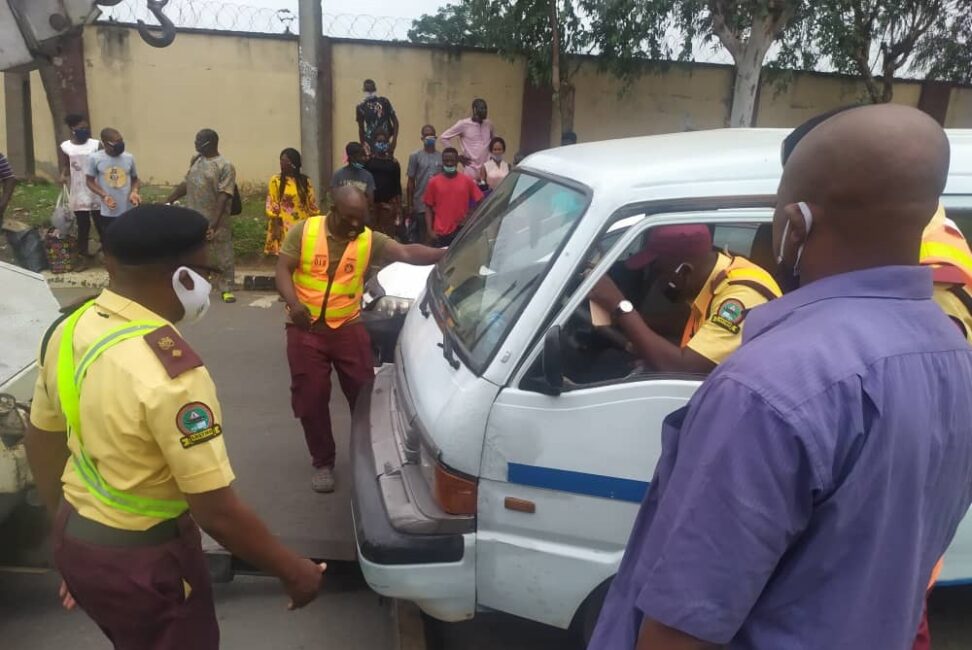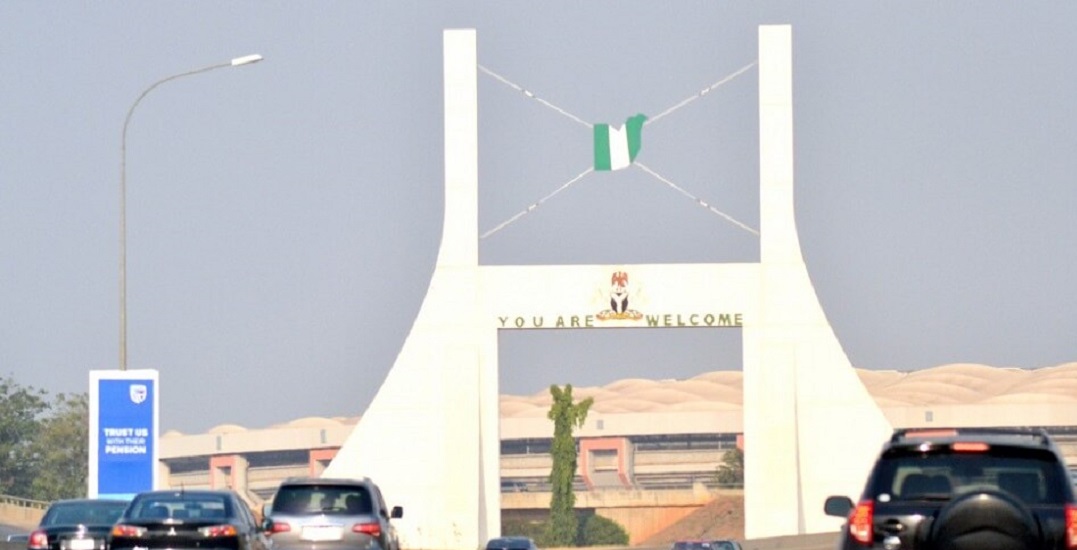We’re all involved! Everyone who has driven on Abuja roads knows about the temptation to break traffic regulations, even on weekends when there’s no rush. Most motorists in Abuja, including this writer, have committed several traffic offences and gotten away with them. Each time we get more audacious because we also see government vehicles beating traffic lights, following one-way and we do the same without fear of arrest.
If you have lived in Abuja for at least one week, you must have found out that motorists in the Federal Capital City are some of the most reckless you can find anywhere in the world. Some motorists accelerate up to 170 Kilometres per hour within the city even when the approved speed limit has been pegged at 120 (kph).
Advertisement
Multiple road crashes involving up to 10 vehicles are commonplace on Abuja roads, and hardly a day passes without an accident happening somewhere in the city. Passengers regularly shun bus stops while commercial vehicles stop to pick up passengers anywhere on the road. Many avoid the pedestrian bridges and run (or walk) across the highways. It may not be an exaggeration to say passengers and motorists’ impunity in Abuja is unrivaled in Nigeria.
According to a THISDAY report of 11 March, 2022, the major causes of road crashes in Abuja include over-speeding, driving under the influence of alcohol or other drugs, non-use of seatbelts, unsafe vehicles, driving on one-way and poor enforcement of traffic laws.
Yet Abuja is the headquarters of the traffic policing agencies such as the Federal Road Safety Corps, Nigeria Police Force, and the Vehicle Inspection Office in the city. Motorists violate traffic regulations with reckless abandon and there’s an absence of civilized road culture. You could be driving on a one-way lane and a vehicle suddenly appears driving towards you! This happens all the time in all parts of the city.
Aside from stopping motorists to ask for their vehicle papers and licences, or booking them for seatbelt violation, officials are either too busy or do not care about other traffic offences. Driving one-way is so common during rush hours that even security agencies do it. Nobody cares about traffic lights because no one enforces compliance except some officials of the traffic police who do it more for what they can get than for the safety of road users.
Advertisement
While the FRSC has to be commended for managing traffic and clearing obstructions on any part of the Abuja highways, it’s been unable to instill a culture of safe driving in the federal capital. The VIO is only concerned with making money from motorists by checking for expired vehicle papers and causing avoidable traffic hold-ups. The traffic wing of the police, if it still exists, only operates at the Central Business District which is the seat of government.
There’s no decent driving culture in Abuja, and this is why the city needs another traffic police in the form of the Lagos State Traffic Management Agency(LASTMA) or the Kano Road Traffic Agency (KAROTA). Apart from Lagos and Kano, there are 14 other states who have established state traffic agencies. They include: Anambra, Sokoto, Ogun, Zamfara, Kwara, Cross River, Osun and Imo states. Others are Oyo, Abia , Ekiti, Ondo, Lagos, Kaduna and Delta states.

Some of these state traffic agencies have been able to change the driving attitude of the motoring public through strict enforcement of regulations. In Lagos, which has the oldest of these agencies (established since 2000), the fear of LASTMA is palpable among motorists. It is known for strict enforcement of traffic rules as offenders are promptly punished. Commercial drivers, known for reckless driving, behave themselves in Lagos because they know that LASTMA is watching.
A similar thing is happening in the commercial city of Kano where motorists fear KAROTA more than the FRSC or the police. They know that KAROTA will not listen to their pleas if they flout traffic regulations. They will seize your vehicle until you pay the fines, which are usually heavy, ifyou want to take your car home. So, motorists exercise more caution when driving on Kano roads.
Advertisement
I have no doubt that the road culture in the other states with traffic management agencies will be similar to what obtains in Lagos and Kano. This is because the agencies are structured like the police force in the states where they operate.
For instance, LASTMA which was established to ensure the free flow of traffic in the state and to reduce accidents, has 20 Area Commands and 6 Area Comptrollers. This enabled the agency to have presence in every part of the state and is able to impact driving culture.
While the highways are left for operatives of the FRSC, LASTMA’s responsibilities cover control and management of traffic-related matters within the Lagos metropolis. It also performs the other functions of FRSC for the state. These include: Public Education of drivers and motorists, Traffic Safety and Accident Management and Research on driver’s behaviour and safety, among others.
KAROTA (established in 2012) has a similar governance structure that has enabled it have control of traffic in the state. Like LASTMA, it was also established to ensure free flow of traffic in the state. It operates in collaboration with Police and the FRSC to maintain law and order on the roads.
While there’s no guarantee that having an effective traffic agency will stop stupid crashes on our roads, it can help instill in the populace a safe driving culture that allows free-flow of traffic even when there are obstructions on the road. They seem better equipped to respond to traffic infractions within the metropolis more quickly and efficiently. We have also seen that they respond faster to road crashes and obstructions than the police or the FRSC.
Abuja, as the Nation’s capital city, should have a public transport system that will be a model for the 36 states in the country. But sadly, this is not the case. Abuja only has good roads, but no road culture.
Advertisement
This is why there’s an urgent need for the next minister of FCT to establish an agency, not a task force, that will be responsible for traffic management in the city. The Federal Capital Territory Administration is used to setting up task forces that work for a few weeks before running out of steam. Abuja needs a new traffic police.
Disclaimer: This article is entirely the opinion of the writer and does not represent the views of The Whistler.



